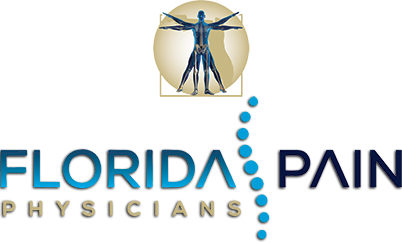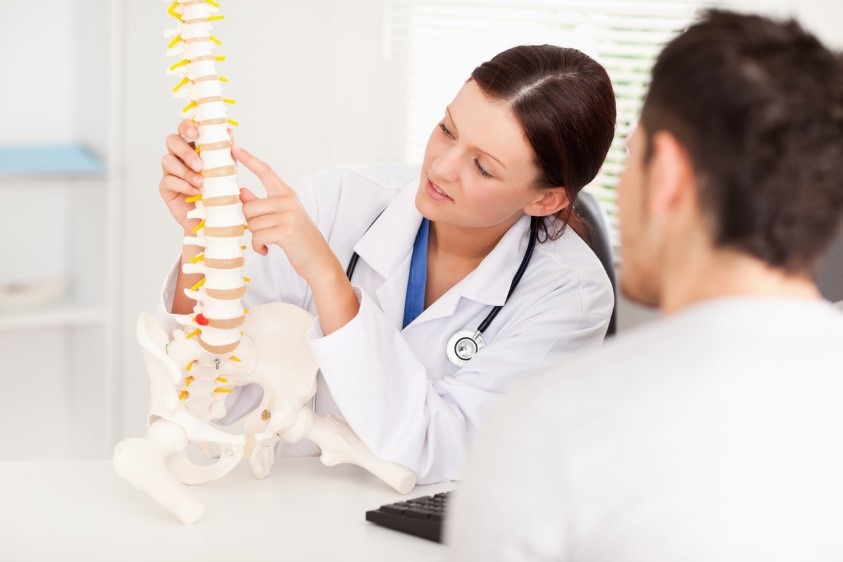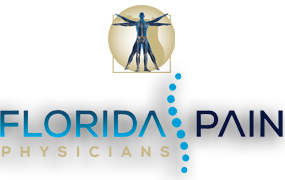Are you someone who experiences recurrent headaches that ruin your daily routine? Do these headaches make you feel nauseous, sensitive to light, and disrupt your work? If the answer is yes, you might be experiencing migraines.
Migraines are a type of headache that can cause severe pain and discomfort. However, if your headaches occur more than 15 days a month, you may be suffering from chronic migraines. In this blog post, we’ll discuss the symptoms of chronic migraines and available migraine treatment in Jacksonville, FL.
What are Chronic Migraines?
Chronic migraines are a severe form of headache that triggers throbbing pain on one or both sides of the head for 15 or more days a month, lasting more than three months. They are often accompanied by other symptoms such as nausea, sensitivity to light and sound, and vomiting. Chronic migraines affect 1-2% of the population.
What Causes Chronic Migraines?
The exact cause of chronic migraines is unknown. However, the theories suggest genetics, environmental factors, and hormonal changes may contribute to its development. Stress, sleep disturbances, and diet factors can trigger migraines as well. Identifying the triggers and avoiding them can help manage chronic migraines.
Treatment Options for Chronic Migraines
There are several treatment options available for chronic migraine patients. The first step in treating migraine patients is assessing their medical history and symptoms. Topical treatments, including applying heat or cold, can help with the discomfort. Medications for migraines are usually divided into prevention or abortive options. Preventive treatment includes medicine such as blood pressure and seizure medications. Abortive treatment is taken when a migraine occurs, including Triptans, which targets pain pathways in the brain. Additionally, Botox injections have been approved by the FDA for the prophylactic treatment of chronic migraines.
Importance of Pain Management
Pain management can make a significant difference in the quality of life of chronic migraine patients. Patients with chronic migraines often have depression, anxiety, and sleep disturbances, directly impacting their ability to function. Pain clinics, like Florida Pain Physicians, provide an interdisciplinary approach, including pharmacological and non-pharmacological therapies, such as behavioral and physical therapy.






